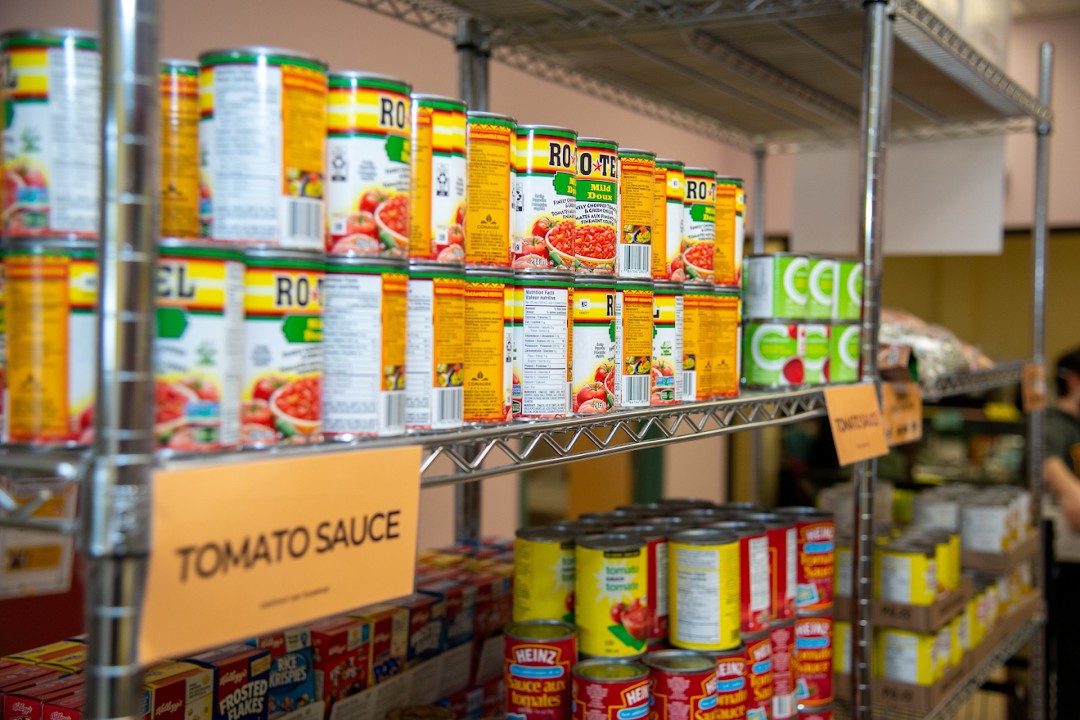Alberta has played host to Canada's highest year-over-year increases to rents in 2023, and this mixed with inflation and inadequate support has pushed many post-secondary students further into poverty, student leaders say.
"What's happening with students is that not only are they living in poverty, but they're continuing to put themselves in poverty in order to access education," Rachelle Preston, vice-president external for the University of Lethbridge Students' Union, told the Ignite Change Global Convention in early December.
Student union leaders at MacEwan University and University of Alberta echo Preston's concerns, and are advocating for governments to put more support in place for students rather than less.
"We're just seeing a lot of cuts everywhere, and I worry that if this pattern continues … I don't know how much more students can take," Gabriel Ambutong, president of the Students' Association of MacEwan University, told Taproot. "At this point in time we've had surveys and students have already stated that they can't afford any more increases in their cost of education."
Student unions look to food banks to gauge how learners are coping. The 2023 survey at the U of A's campus food bank found 20% of users "cannot access the food they need beyond the supplementary groceries we provide," and one-third use off-campus food banks at least once a month. Meanwhile, MacEwan's Breakfast Club and pantry have seen numbers spike, too.
Ambutong said the food bank program has observed a "huge jump" in users since September, with 61% of users being new to the program.
Inflation has driven up the cost of food and rent. Meanwhile, in 2020, the United Conservative Party government eliminated the freeze on tuition fees. Since 2020, MacEwan has increased tuition fees by close to 21%, and the U of A has increased them by 26.5%.
While tuition costs increased, the province cut $220 million in the U of A's funding, said Chris Beasley, vice-president external of the University of Alberta Student's Union.
"The number of professors we have has declined, the number of staff we have has declined and the educational outcomes that we receive — in my opinion, it is not the university that it was in 2019, prior to these cuts," Beasley said. "And this is part of a greater strategy to push the onus of funding a university experience from the provincial government onto the universities."

A recent survey of the University of Alberta's food bank found one-third of its users also rely on other food banks at least once a month and that more than 70% of its users are international students. (University of Alberta Campus Food Bank)
While domestic students are feeling the strain, international students have been particularly vulnerable to rent, tuition, and other cost increases.
More than 70% of the U of A's campus food bank users are international students. The domestic student client-base makes up just 11.7% of users.
International students don't have family support, community support, or the same opportunities as domestic students, Ambutong said. "I think that there's oftentimes a narrative that international students, you know, of course they can afford it."
Ambutong noted single international students have been required to prove they have $10,000 available in addition to tuition costs for the entirety of their degree before being allowed to study in Canada. The federal government will increase this threshold to $20,635 as of Jan. 1.
Despite this safeguard, some students are "falling through the cracks" due to unexpected expenses and a lack of information preparing them for what they face in Canada, Beasley said.
Ambutong added that international students who struggle can often see Edmonton as a non-viable place to live after completing school. If they leave as a result, "that's talent that we're taking away, you know, and they do contribute a lot to our economy."
Research conducted by the University of Alberta Students' Union estimates international students spent $1.8 billion in the Alberta economy in the 2022-2023 academic year.
Both domestic and international students deserve support as their basic costs swell around them, Ambutong said.
"These students are going to be the future of everything, right," Ambutong said. "So, the way we go about this, how we treat these students now, is going say a lot for the long term."
